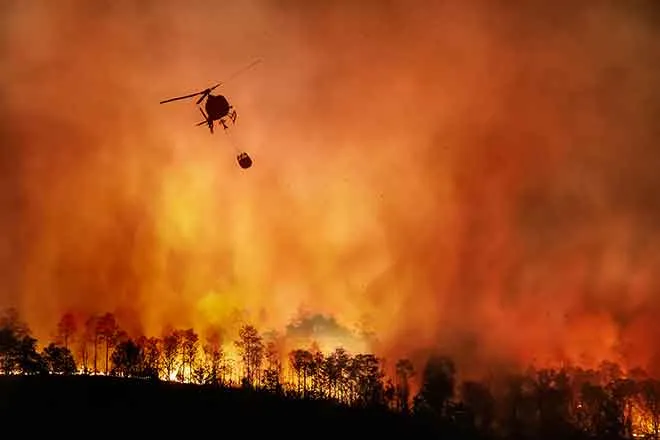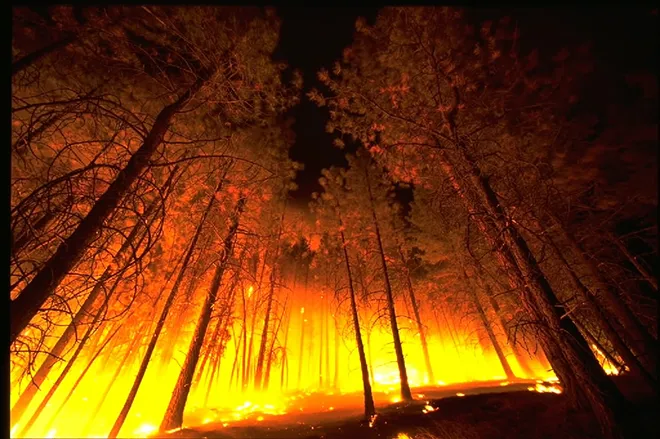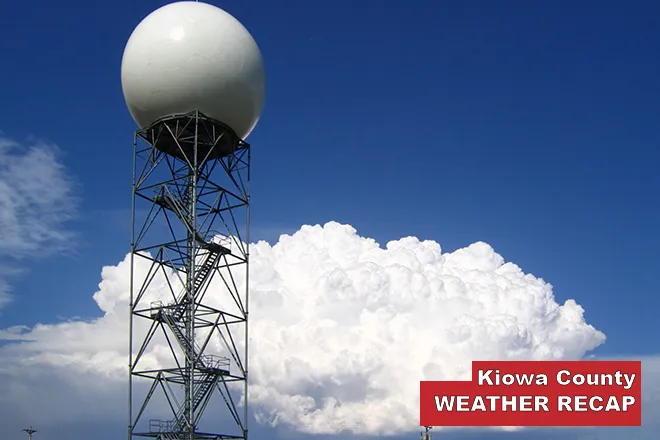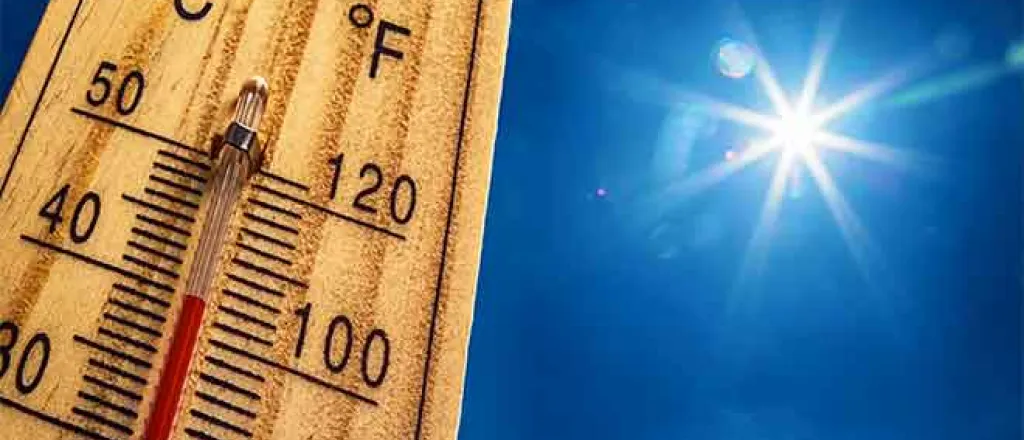
Nebraska farmworkers, others face heightened risks of heat, humidity
Click play to listen to this article.
(Nebraska News Connection) Sunday is Global Heat Action Day, to raise awareness about the risks posed by heat and ways to stay safe.
In Nebraska and across the Midwest, the combination of higher temperatures and rising humidity is making outdoor workers more susceptible to heat-related illnesses. Agricultural workers are among the most vulnerable.
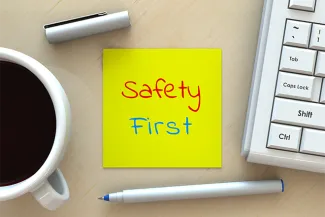
© iStock.com krung99
Athena Ramos, an associate professor at the University of Nebraska Medical Center's College of Public Healthwho is affiliated with the Central States Center for Agricultural Safety and Health, said heat-related illness is preventable. She pointed to the importance of letting people become acclimated to heat before working in it and providing sufficient amounts of cool, clean water.
"A worker will need about 32 ounces of water an hour in hot temperatures, so about four cups of water an hour," she said. "And even if somebody doesn't feel thirsty, we need to encourage them to drink water. It's very, very important to help the body prevent overheating."
Ramos also stressed the importance of rest breaks, shade and training on the multiple signs and symptoms of heat exhaustion and heat stroke. And she encouraged the use of a "buddy system." In 2018, heat caused a farmworker's deathin a Nebraska cornfield, and his body wasn't found until the next day.
Long workdays contribute to agricultural workers' risk of heat-related illnesses. Ramos said 10-hour days are not unusual for Nebraska farmworkers.
"And a lot of the migrant farmworker crews will be working more than 10 hours a day, because they're coming in for a relatively short period of time," she said. "And they have specific tasks that have to get done, and they only have four or five weeks to actually do it."
To date, California, Colorado, Minnesota, Oregon and Washington have enacted state heat standards. Ramos said the Occupational Safety and Health Administration is working on federal standards, but heat currently falls under the "General Duty Clause."
"Within that clause, it basically says that employers have a duty to ensure a safe working environment," she said. "So, you already have that responsibility as an employer, although a lot of farmworker advocacy groups would say we need something more specific."
She said OSHA has also been doing more heat-related inspections under a "Special Emphasis Program."


